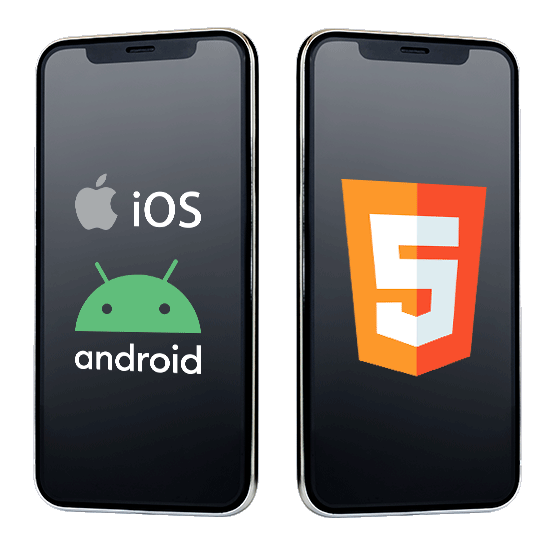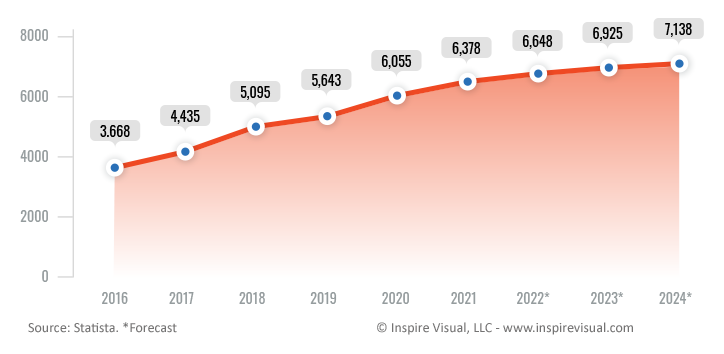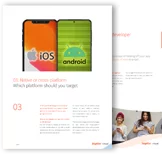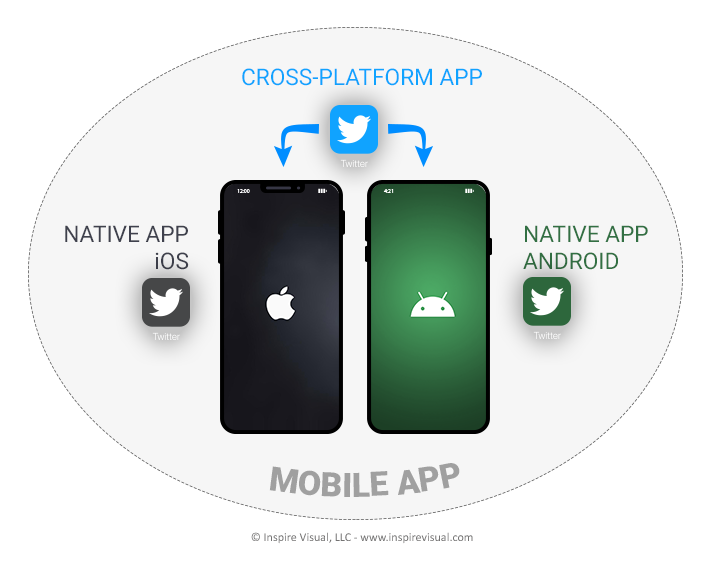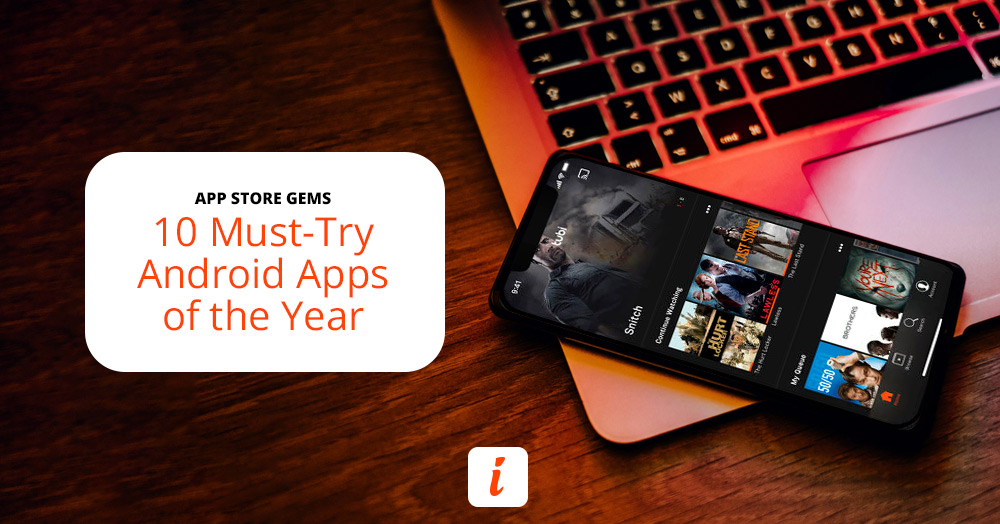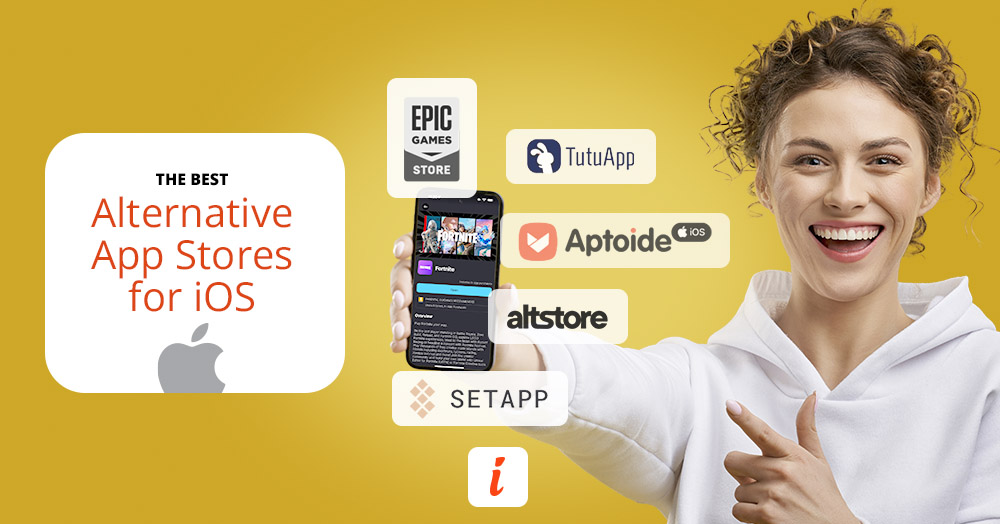What are the characteristics of a native app?
As we mentioned above a native app is delivered through an app store, be it Google Play or Apple’s App Store. A big advantage of having it listed in an app store is that your immediately reach millions of users.
Keep in mind though, any revenue generated through the app stores will have to be split between you and the app store owner. Google and Apple both charge a 30% cut of any app revenue.
Besides being a big advantage to be on the app store with an already massive audience, thus cutting down on the need for marketing costs, having an app be built on native technology also offer other quite enticing advantages.
Fast performance and not being as network dependent is a big draw for many app owners. Once the app is installed on a mobile device it can cache data on the device with much less need for re-downloading app data.
So instead of downloading the entire UI and functionality (HTML, JavaScript, CSS and content) every time it’s used, it just requires any content that needs to be refreshed with everything else already stored. In some cases, it can operate entirely offline, for example if it’s a tool-based app instead of news based.
Being able to access native mobile phone features can also be the deciding factor between a web app or native app.
The advantages and disadvantages of web and native mobile apps
Having explained the characteristics and differences between web and native mobile applications, let’s narrow down the advantages and disadvantages of each application technology.
Web app advantages
- Faster application development cycles
- Lower cost required to build a web app
- Easier to update and add new features
- New app releases are automatically served to the customer
- Compatible on every smartphone device with a browser
- No need to get the app approved by Apple or Google before launch
- No 30% revenue sharing with the app stores
Web app disadvantages
- Web apps require a network connection to function
- User interface not locked down can cause inconsistently designed screens
- Cannot utilize the advanced native features on mobile phones
- Performance and slower overall user experience
- Require more data usage, a big negative for people with limited data plans
Native mobile app advantages
- Listed in the app stores and shown to millions of users for free
- The best performance experience and optimized to the target device
- The UX and UI are designed for the platform resulting in a better intuitive user experience
- Allow app developers to access the complete feature set of target devices
- Better overall security as it’s not dependent on browsers patching security holes
- High offline performance as most app data is already on the device
- Great choices for mobile advertising platforms if the app is ad-revenue based
Native mobile app disadvantages
- It is most costly to create a native app
- Longer development time
- 30% profit sharing in the Android and iOS app stores
- With each new Android and iOS platform operating system rollout, the app may need to be updated
- Require approval from the app stores before launch
